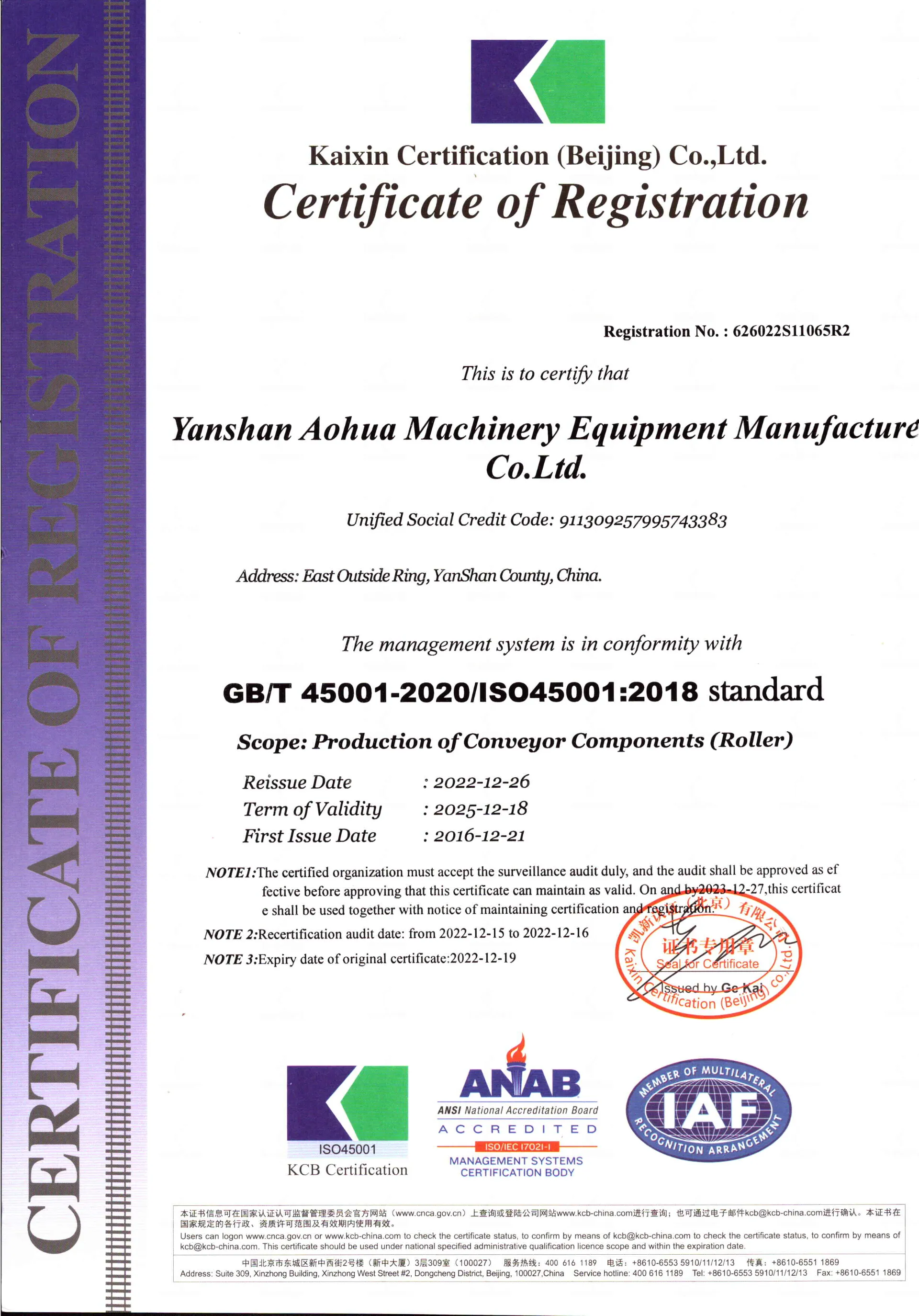 Afrikaans
Afrikaans  Albanian
Albanian  Amharic
Amharic  Arabic
Arabic  Armenian
Armenian  Azerbaijani
Azerbaijani  Basque
Basque  Belarusian
Belarusian  Bengali
Bengali  Bosnian
Bosnian  Bulgarian
Bulgarian  Catalan
Catalan  Cebuano
Cebuano  Corsican
Corsican  Croatian
Croatian  Czech
Czech  Danish
Danish  Dutch
Dutch  English
English  Esperanto
Esperanto  Estonian
Estonian  Finnish
Finnish  French
French  Frisian
Frisian  Galician
Galician  Georgian
Georgian  German
German  Greek
Greek  Gujarati
Gujarati  Haitian Creole
Haitian Creole  hausa
hausa  hawaiian
hawaiian  Hebrew
Hebrew  Hindi
Hindi  Miao
Miao  Hungarian
Hungarian  Icelandic
Icelandic  igbo
igbo  Indonesian
Indonesian  irish
irish  Italian
Italian  Japanese
Japanese  Javanese
Javanese  Kannada
Kannada  kazakh
kazakh  Khmer
Khmer  Rwandese
Rwandese  Korean
Korean  Kurdish
Kurdish  Kyrgyz
Kyrgyz  Lao
Lao  Latin
Latin  Latvian
Latvian  Lithuanian
Lithuanian  Luxembourgish
Luxembourgish  Macedonian
Macedonian  Malgashi
Malgashi  Malay
Malay  Malayalam
Malayalam  Maltese
Maltese  Maori
Maori  Marathi
Marathi  Mongolian
Mongolian  Myanmar
Myanmar  Nepali
Nepali  Norwegian
Norwegian  Norwegian
Norwegian  Occitan
Occitan  Pashto
Pashto  Persian
Persian  Polish
Polish  Portuguese
Portuguese  Punjabi
Punjabi  Romanian
Romanian  Russian
Russian  Samoan
Samoan  Scottish Gaelic
Scottish Gaelic  Serbian
Serbian  Sesotho
Sesotho  Shona
Shona  Sindhi
Sindhi  Sinhala
Sinhala  Slovak
Slovak  Slovenian
Slovenian  Somali
Somali  Spanish
Spanish  Sundanese
Sundanese  Swahili
Swahili  Swedish
Swedish  Tagalog
Tagalog  Tajik
Tajik  Tamil
Tamil  Tatar
Tatar  Telugu
Telugu  Thai
Thai  Turkish
Turkish  Turkmen
Turkmen  Ukrainian
Ukrainian  Urdu
Urdu  Uighur
Uighur  Uzbek
Uzbek  Vietnamese
Vietnamese  Welsh
Welsh  Bantu
Bantu  Yiddish
Yiddish  Yoruba
Yoruba  Zulu
Zulu plastic roller
The Versatility and Utility of Plastic Rollers
Plastic rollers have emerged as essential tools across various industries, including manufacturing, packaging, and transportation. As we delve into the significance and applications of these seemingly simple devices, we uncover the reasons why they have carved a vital niche in modern operations.
Understanding Plastic Rollers
At its core, a plastic roller is a cylindrical tool made from durable plastics, engineered to provide smooth rolling motion while minimizing friction. Typically lightweight and highly resistant to wear and tear, plastic rollers come in various sizes and shapes tailored to specific applications. Their construction can involve materials such as polyethylene, polypropylene, or PVC, which offer distinct properties that enhance their functionality.
Key Advantages of Plastic Rollers
One of the primary benefits of using plastic rollers is their resistance to corrosion and chemical reactions. Unlike metal rollers, which may rust or degrade when exposed to moisture and certain chemicals, plastic rollers maintain their durability even in challenging environments. This characteristic makes them ideal for use in food processing, pharmaceuticals, and chemical manufacturing, where hygiene and material integrity are paramount.
Additionally, plastic rollers provide significant weight reductions compared to their metal counterparts. This lightweight nature makes them easier to handle and integrate into conveyor systems and other machinery. When transporting or relocating goods, every ounce reduced contributes to lower overall operational costs, particularly in shipping and logistics.
Another advantage of plastic rollers is their noise-dampening properties, especially when used in applications involving repeated movements. The ability to minimize sound pollution is particularly beneficial in workplaces where a quiet environment is essential for productivity, such as in assembly lines or packaging facilities.
Applications of Plastic Rollers
Plastic rollers are utilized in a broad array of applications. In manufacturing, they are commonly employed in conveyor systems to facilitate the smooth movement of goods across various stages of production. They can be found in assembly lines, material handling equipment, and even in automated packaging machines, where their reliable rolling action helps ensure efficiency and speed.
plastic roller

In the packaging industry, plastic rollers play a crucial role in the movement of products through the packaging process
. They assist in aligning, packaging, and even in palletizing items, ensuring that the packaging process is both swift and efficient. This role becomes increasingly important in high-volume operations where time is of the essence.Moreover, plastic rollers are a common feature in the textile industry. They are used in equipment that requires smooth movement, such as sewing machines and fabric cutting machines. Their ability to minimize wear on fabrics while providing seamless rolling motion enhances the quality of the end products.
Choosing the Right Plastic Roller
When selecting plastic rollers, it’s vital to consider several factors, including the weight of the loads being transported, the environment in which they will be used, and compatibility with other materials in the system. Different applications may require specific types of plastics or roller designs to optimize performance.
Environmental considerations are also increasingly important. Many manufacturers now produce eco-friendly plastic rollers using recyclable materials. This move towards sustainability helps reduce the ecological footprint of industries reliant on such tools.
Maintenance and Care
To ensure longevity and optimal performance, regular maintenance of plastic rollers is recommended. This includes cleaning to remove debris and lubricating any bearings or moving parts to facilitate smooth operation. Such maintenance not only extends the lifespan of the rollers but also enhances overall operational efficiency.
Conclusion
In summary, plastic rollers represent a crucial component across various sectors, driven by their unique properties and functionality. From their corrosion resistance to lightweight design and noise-dampening capabilities, they offer unparalleled advantages that aid in optimizing industrial processes. Understanding the different types of plastic rollers and their specific applications allows businesses to make informed decisions that enhance productivity, reduce costs, and improve their operational workflows. As industries continue to evolve, the demand for versatile tools like plastic rollers is expected to grow, further solidifying their role in our modern economy.
-
Revolutionizing Conveyor Reliability with Advanced Rubber Lagging PulleysNewsJul.22,2025
-
Powering Precision and Durability with Expert Manufacturers of Conveyor ComponentsNewsJul.22,2025
-
Optimizing Conveyor Systems with Advanced Conveyor AccessoriesNewsJul.22,2025
-
Maximize Conveyor Efficiency with Quality Conveyor Idler PulleysNewsJul.22,2025
-
Future-Proof Your Conveyor System with High-Performance Polyurethane RollerNewsJul.22,2025
-
Driving Efficiency Forward with Quality Idlers and RollersNewsJul.22,2025





























